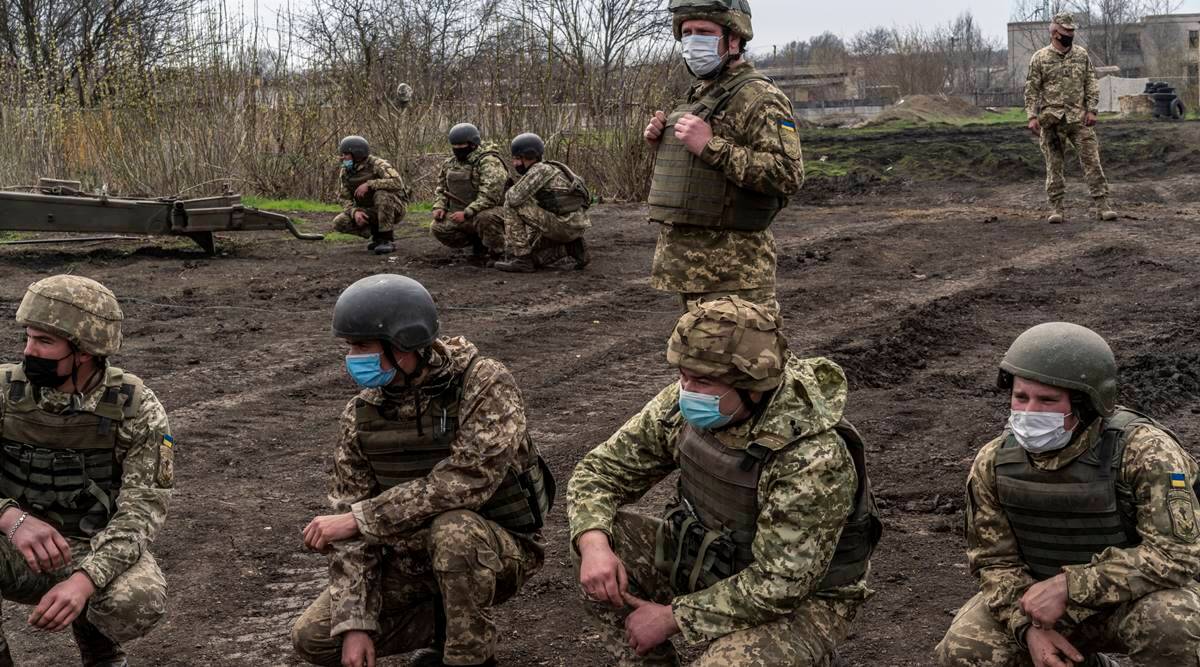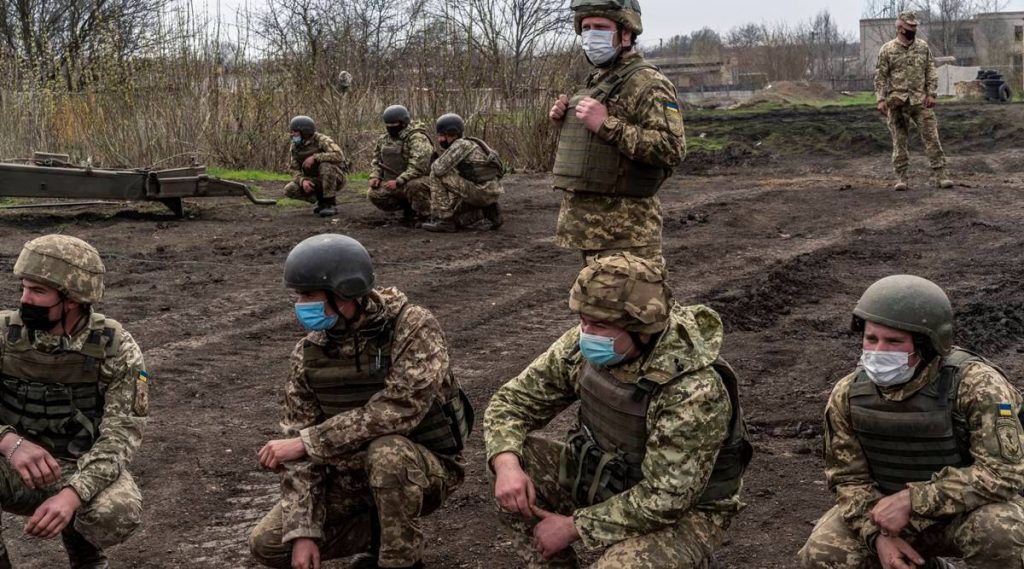Russia has called for an end to military escalation by NATO along its border with Ukraine, ahead of talks with US and NATO representatives later this month. Such talks follow a fifty minute call between Joe Biden and Vladimir Putin, held on Thursday (December 30th).
The US and other NATO members accuse Russia of gearing up for a potential invasion of Ukraine, while Russian officials argue NATO is making “targeted provocations”, in attempt to secure strategic influence right outside of Russia’s borders.
US Vice President, Kamala Harris, has threatened to “issue sanctions like you’ve not seen before” should Russian troops enter Ukraine. Yet, it is not in fact Russia who is seeking conflict in Ukraine.
Russia’s recent military manoeuvring has taken place entirely within it’s borders, while troops from fifteen NATO countries have been operating far from their home nations, in Ukraine itself. US politicians quite hypocritically warn Russia to keep its troops out of Ukraine, while their own military is engaging in manoeuvres within the country.
NATO has allowed for escalation in tensions throughout the last year. The US was sending strategic bombers into areas around the Black Sea from the start of 2021, and NATO aircraft have confronted Russian aircraft 290 times in the past year. This accounts for 78% of NATO’s 2021 flight missions.
Russian Deputy Defence Minister, Alexander Fomin, accuses NATO of “targeted provocations”, having reoriented its focus “toward preparing for a large-scale, high-intensity armed conflict with Russia”.
Moscow sent NATO demands for de-escalation, requesting the alliance commit that it would not admit Ukraine as a new member, and that troops cease their manoeuvres along the Russian border. Moscow demanded also that any and all NATO troops withdrew from Ukraine.
Western officials see these demands as non-starters, with EU chief of Foreign Affairs and Security Policy, Josep Borrel, labelling them part of “a purely Russian agenda with completely unacceptable conditions.” However, US officials have agreed to hold talks with Russian diplomats and military officials in Geneva on January 10th. NATO has agreed to similar such talks on January 12th.
Of the coming talks, White House Press Secretary, Jen Psaki, said: “President Biden reiterated that substantive progress in these dialogues can occur only in an environment of de-escalation rather than escalation.”
Russian Foreign Minister, Sergey Lavrov, called for more than empty rhetoric, arguing “our proposals aren’t wound up in endless discussions, which the West is famous for”.
Philip English, is a member of the YCL’s Birmingham branch




